
Specialized Medical Expertise

Advance Critical Care Unit

Patient Centric High Quality Care

250 Bedded Multi-specialty care unit

24x7 Emergency Availability

Advance Surgical Equipment
.png)
Commitment to patient safety

Right Investment for your health
Department
Department of Excellence


Anaesthesia
Anaesthesia means “loss of sensation” which is a medical treatment used to cure sufferers from getting hurt due to pain during operations and surgeries and induce sleep.
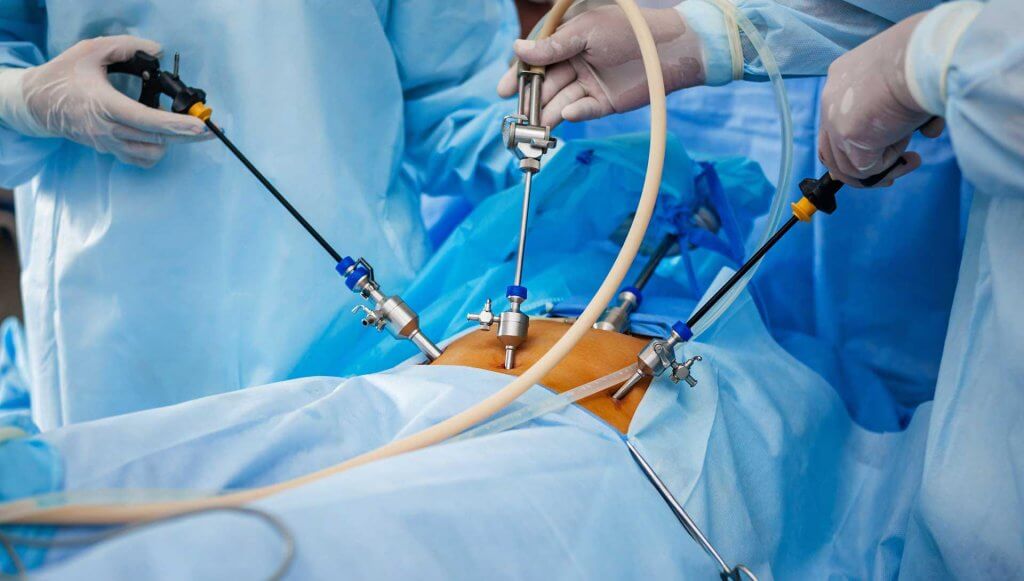

Surgery & Laparoscopic Surgery
Laparoscopy is a kind of surgical diagnostic process that allows a doctor to see what's there inside of the abdomen and pelvis just by making small incisions in the skin.

Obsterics & Gynaecology
Obstetrics deals explicitly with the well-being of the pregnant lady and her baby.
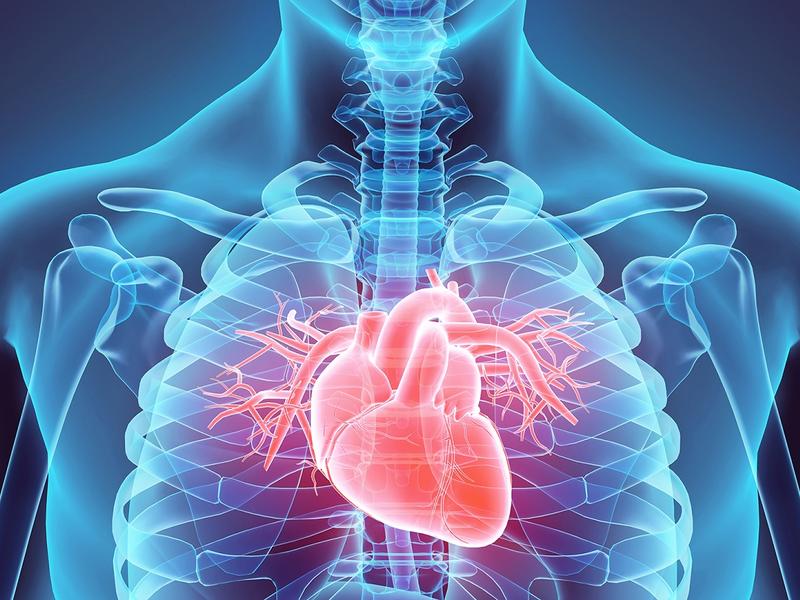

Cardiology
Cardiology is a medical specialization and a discipline of internal medicine involved with diseases and disorders of cardiovascular system.


Diabetology
Diabetology is the clinical science of diabetes mellitus; it focuses on diabetic healthcare, determination, medication, and proper follow-up.


Paediatrics
Pediatrics is a medical discipline and the branch of medicine dealing with the medical care, health, and ensuring the well-being of newborns, infants, and teenagers up to the age of eighteen. In mental psychological and physiological viewpoints, kids differ from adults.


Orthopedics
Orthopedics is a medical practice that centers on diseases, disorders and injuries of the musculoskeletal system covering your joints, bones, tendons, ligaments, nerves, and muscles, which is allowing us to do work actively.
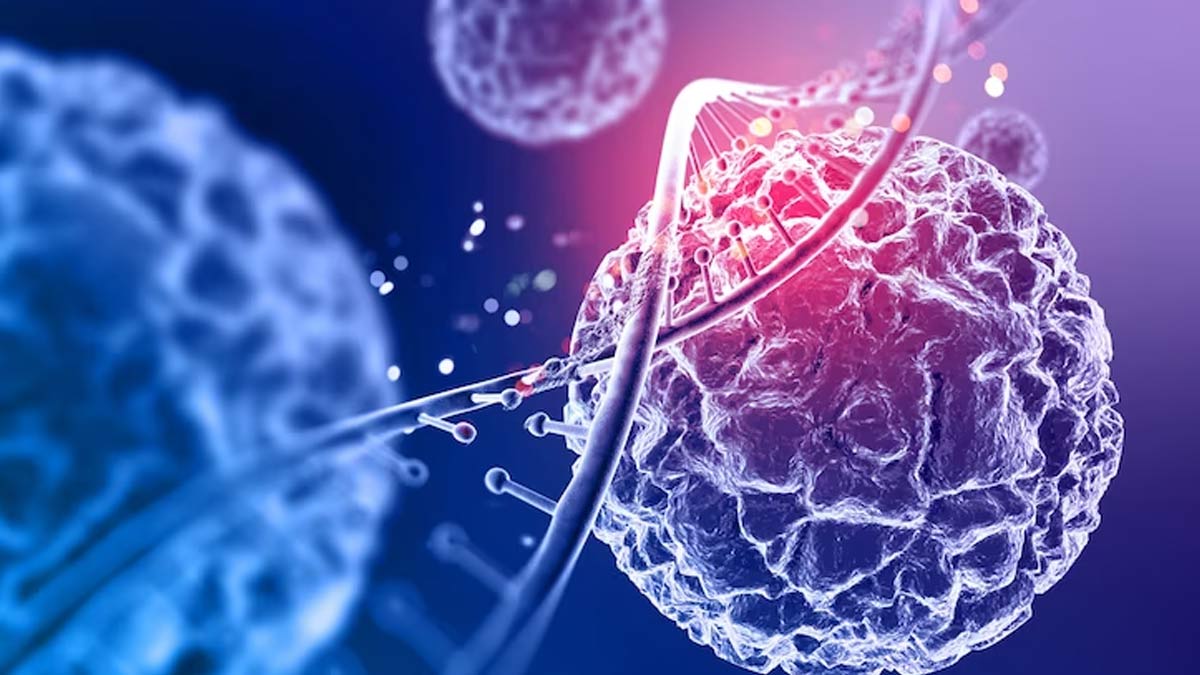

Oncology
Oncology is a medical discipline that centers on treating cancer and tumors, in short, is the medical devoted to cancer.


Dermatology
Dermatology is the special discipline of medicine that includes the research, experimentation, analysis, and handling of any disorders that may harm the skin, membranes, nails, fat hair, aging ailments of the skin, and agile to chronic cancers.
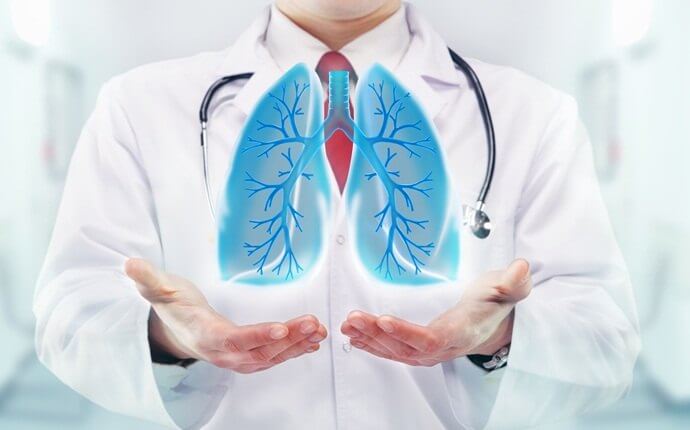

Pulmonology
Pulmonary is a sub-specialization of internal medicine that centers on the analysis, prevention, and curing the diseases affecting the respiratory system and lungs.
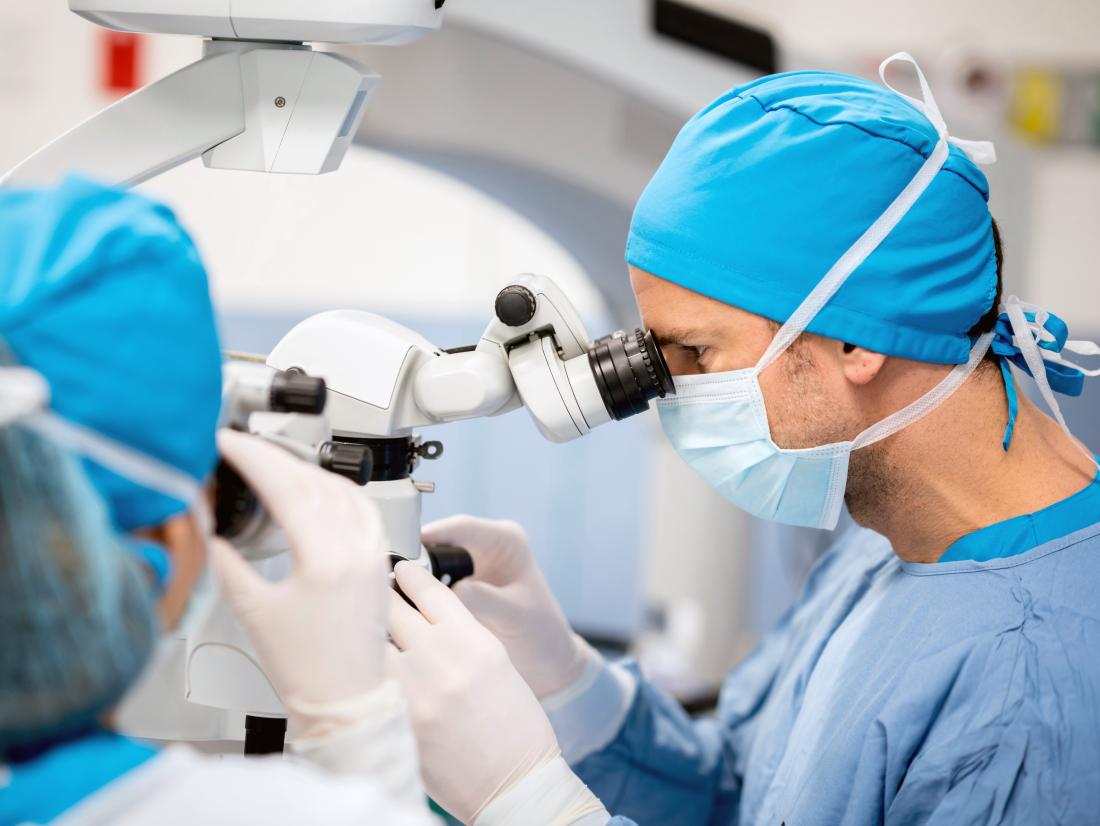

Opthalmology
Ophthalmology is a medical discipline associated with health issues to the eye, its encompassing structures, and the optical system.

Dentology
Fusce eget condimentum lectus, sed commodo dui. Suspendisse non vehicula ant aecenas placerat finibus metus, at finibus neque.
THE PERFECT BLEND OF CARE AND COMPASSION
The M.R Hospital & Diagnostic in Balisha is one of the leading hospitals, which completely focused on modern medicine and healthcare. We never get behind the latest medical trends to give the best healthcare service possible to our clients. Providing promising healthcare at reasonable expenses is our vision because you are more than just another patient to us.
+
Doctors At Work
+
Happy Patients
+
Medical Beds
+
Winning Awards

FAQs
Frequently Asked Questions
M.R Hospital accepts all types of medical insurance including Swasthya Sathi card.
Yes! M.R Hospital has a Trauma care department with qualified and experienced trauma management team.
Here 350 beds are available for patients
In this hospital, both ICU and NICU facilities are available with 24-hour medical emergency service
Yes! There are many top-quality and experienced doctors at OPD in Cardiology
Looking For Professional & Trusted Medical Healthcare?
Don't Hesitate to Contact Us.
Facilities
Why Choose Us
-

24*7 emergency ICU and trauma care facilities
No matter what your medical emergency is, Mother Teresa Hospital is always there for you with the best ambulance, ICU, NICU, and trauma care facilities.
-

Highly qualified and experienced doctors
Doctors are the backbone of the hospital. Hence, here we only appoint experienced and top-quality doctors to provide the best healthcare possible.
-

Top grade and latest medical equipment
We love to upgrade our medical facilities. Hence, here you can get all the benefits of modern medicine and the latest medical equipment.
-

Insurance and Swasthya Sathi cards are accepted
Medical expense is not a burden anymore. Get the best quality medical facilities by using any medical insurance including a Swasthya Sathi card.

Book An Appointment
M.R Hospital & Diagnostic
Branches
We are also availble at

Mother Teresa Multispeciality Hospital
Best Hospital in Basirhat
- 9073 722 722
- Bashirhat Chowmatha,North 24 pgs
- Visit Our Website









